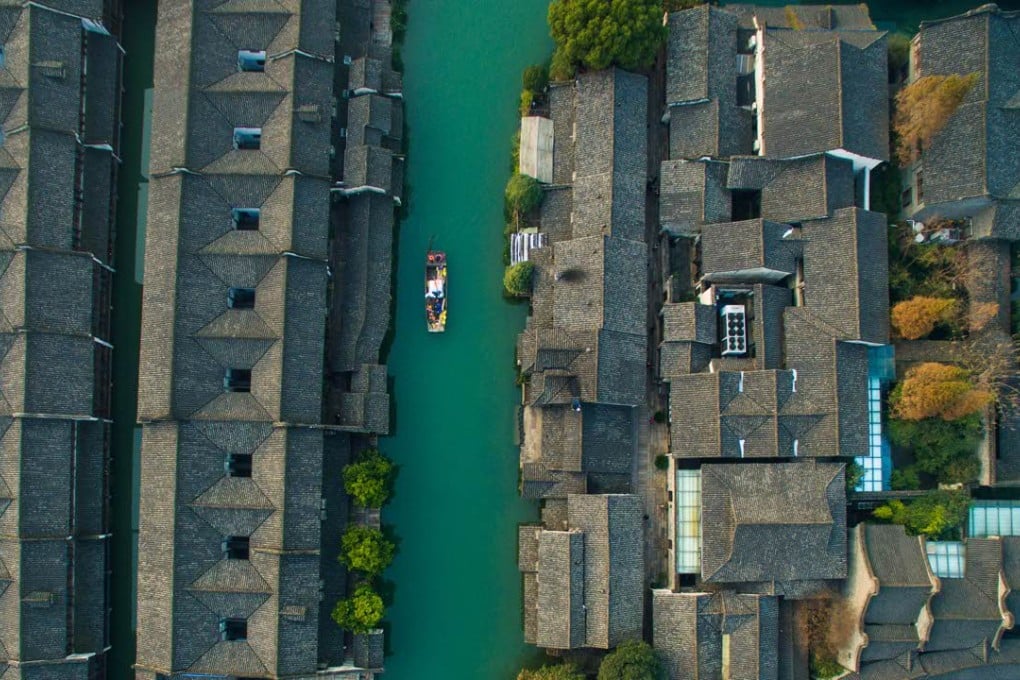World Internet Conference: security tight as China’s ‘Venice of the East’ readies for foreign leaders
Tourists banned from popular destination ahead of three-day event to be attended by President Xi Jinping

Wuzhen inn owner Shen Guohua has been forced to shut down his business this week.
The tourist destination in Zhejiang is off limits to regular tourists as it hosts top internet executives, government officials and overseas leaders for the World Internet Conference.
The conference, which gets under way on Wednesday and continues until Friday, involves much tighter security than last year’s conference, according to Shen and other residents.
Tourists have been not allowed into the town since Friday and authorities set up a security headquarters a few weeks ago, requiring residents to register.
“I think it [the tight security] is for President Xi Jinping and other top leaders,” Shen said.
Xi is scheduled to attend the event and make the opening speech, reflecting the importance the authorities attach to the internet as a source of economic development.